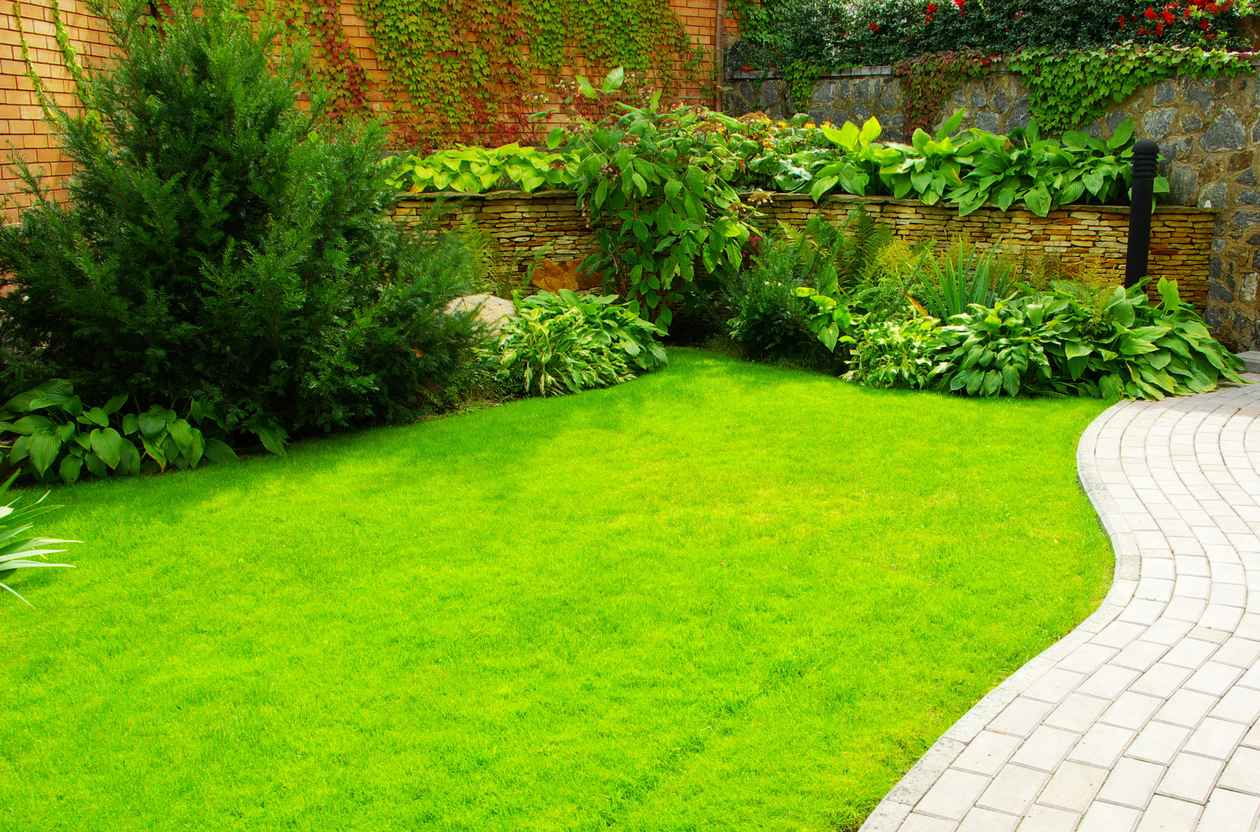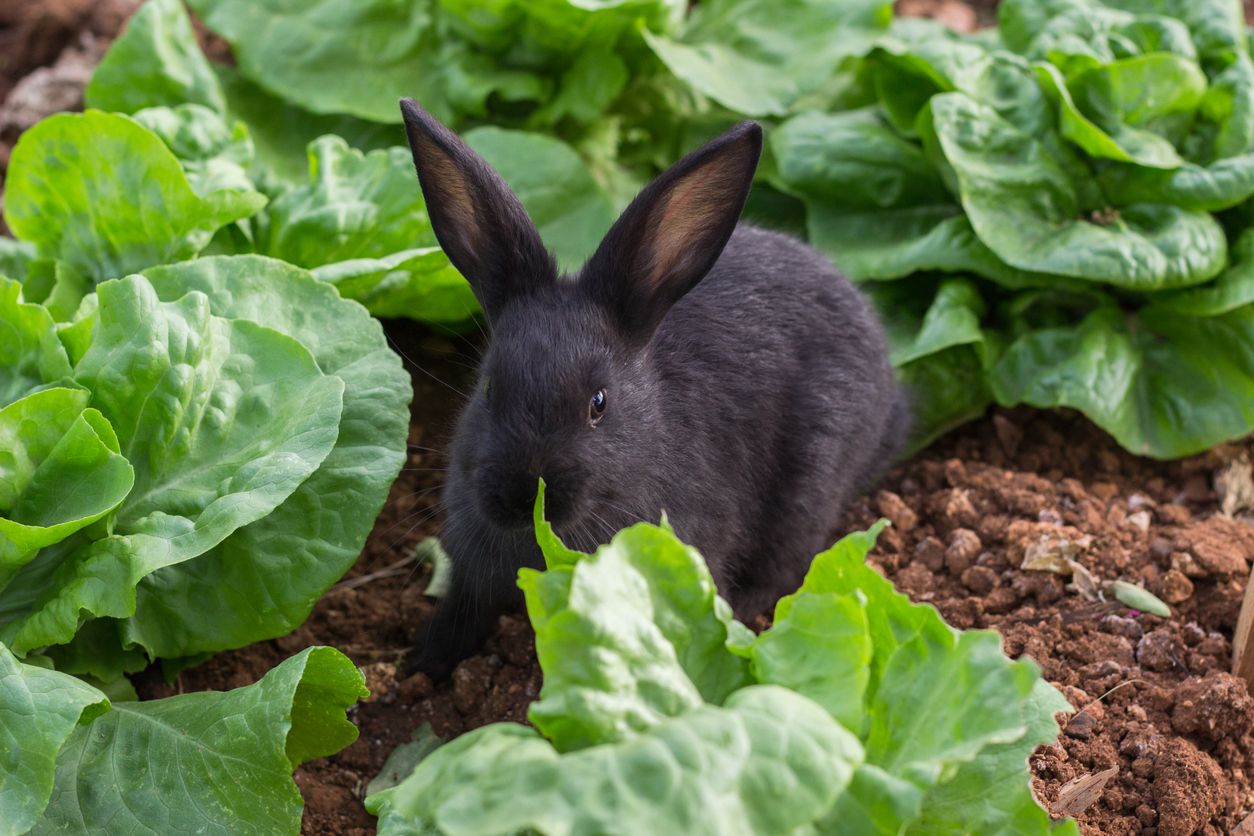
Ways to Keep Animals Away Out of Your Garden and Deter Pests
June 27, 2018
If you’ve ever tended your own garden, you know how amazing it feels when your plants grow, flowers bloom, and fruits and vegetables ripen. You put a lot of work into starting and maintaining your garden, so wear all of that dirt under your fingernails as a badge of honor!
One of the WORST feelings is when you notice that your garden has been ravaged by small critters! In order to protect your plants, flowers, and homegrown food make sure you implement these protection methods:
1) Know Your Enemy and Identify Garden Pests
Before you get all “Home Alone” on your garden in order to protect it, try to figure out what animals are eating your garden. Look for tracks in the soil, the type of gnaw marks on plants, feces left behind, and anything else out of the ordinary.
The most common offenders are deer, rabbits, birds, groundhogs, and a whole slew of insects.
Whether you catch the animals in action or you type your findings and clues into Google, make sure you know what you’re dealing with so you can choose the right protection methods.
2) Install a Fence to Keep Larger Animals Away
When it comes to bigger animals (like deer, rabbits, groundhogs, etc.), you can keep them out by installing a fence around your garden. Sure, this might not be the prettiest to look at, but it’s better than having a half-eaten garden!
When installing a fence, make sure you choose either chicken wire, rabbit fencing, or a material that is strong enough where it won’t be chewed through. The fence should be at least four feet tall and should have roughly a foot of fence beneath the soil — this will prevent rabbits and groundhogs from digging under the fence.
3) Use Repellents to Deter Garden Pests
Don’t think that you can’t use repellants out of fear of them harming your plants (or the animals).
- Odor repellents simply mask the delicious smell of your plants, flowers, fruits, and veggies in an attempt to prevent animals from stopping in your yard at all.
- Taste repellents will change the taste of your plants to make them less appealing after the first bite OR they will make the animal nauseous. (These repellents won’t harm the animal, don’t you worry!)
4) Keep Your Compost Bin Hidden to Avoid Attracting Animals
Many gardens benefit from a natural compost, as it adds much-needed nutrients to the soil. If you have a compost bin where you add your excess food scraps, make sure you keep it out of sight and protected.
Compost bins that are left out will attract animals, especially nocturnal ones like opossums, raccoons, and skunks.
Create a lid for your compost bin, or store this bin in a shed where it will be hard for an animal to sniff out and almost impossible for an animal to get to.
5) Pay Attention to New Plants
Animals LOVE plant bulbs and other new plants that are just beginning to grow!
Why?
Because plants in the early stages of growth are the most nutrient-dense. Therefore, they are the easiest to sniff out and the most delicious to eat.
All new plants should be fenced in, paid close attention to, and maybe even grown in a planter until it has grown in size where it can then be transferred to the garden outside.
—
Adding a garden to your property will add some serious curb appeal to your home, as well as providing you with homegrown food (and even a hobby)!
Expert Garden Design and Landscaping Services to Keep Animals Out of Your Garden and Enhance Your Property
For those that don’t want to deal with the hard work of having a garden, but still want the benefits of having one, our design and landscaping services are perfect for you!
We’ll add any type of garden you want and maintain it to ensure that your property is looking beautiful day after day.
Recent News
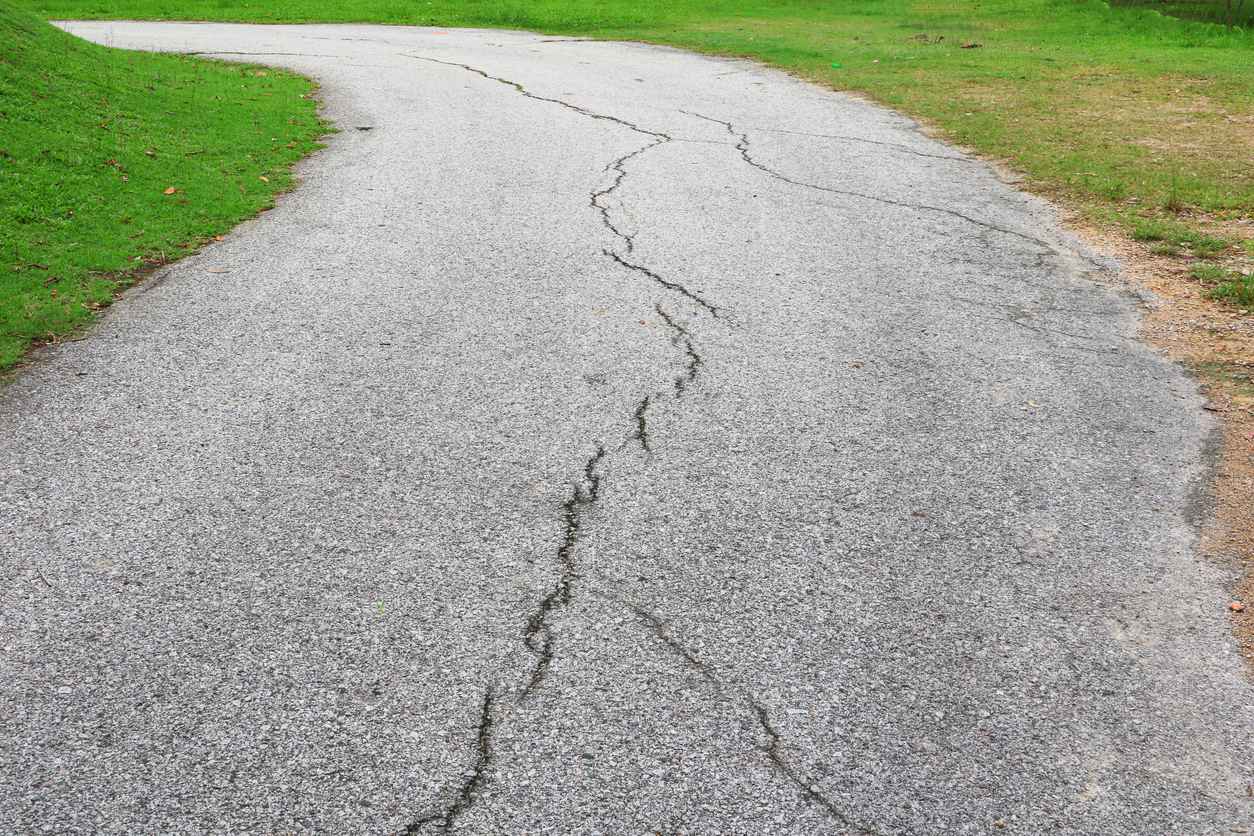
Common Landscape Problems Homeowners Face After Winter
February 27, 2026
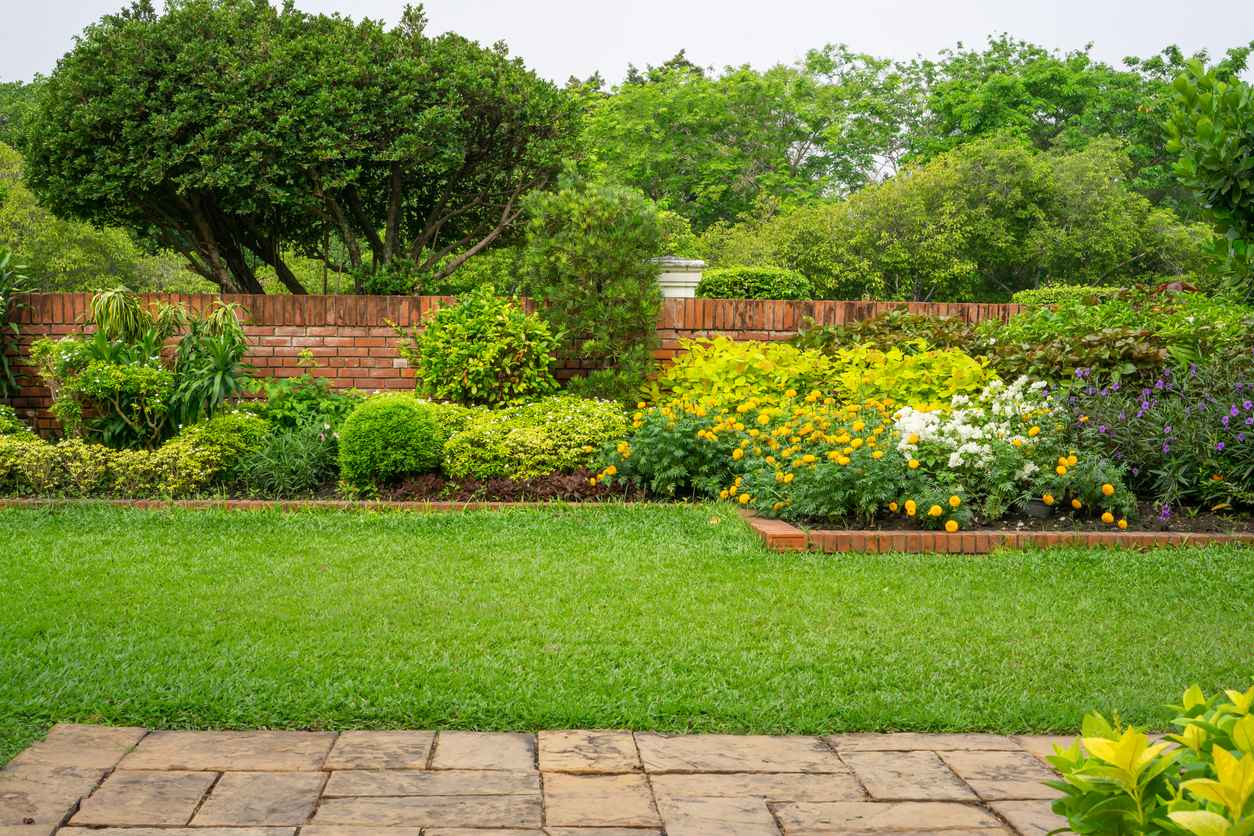
Seasonal Planting Tips for Long-Term Landscape Health
February 23, 2026
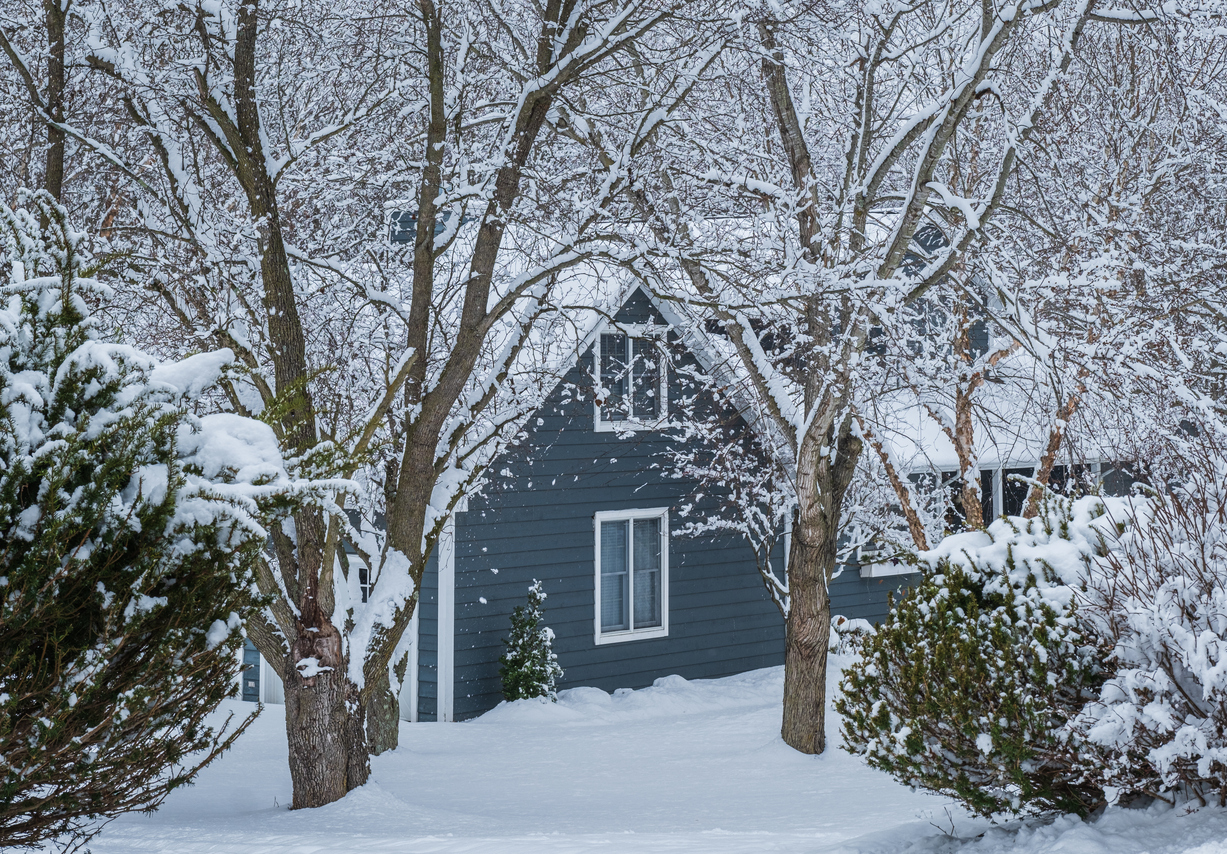
How Snow and Ice Impact Your Landscape
January 30, 2026
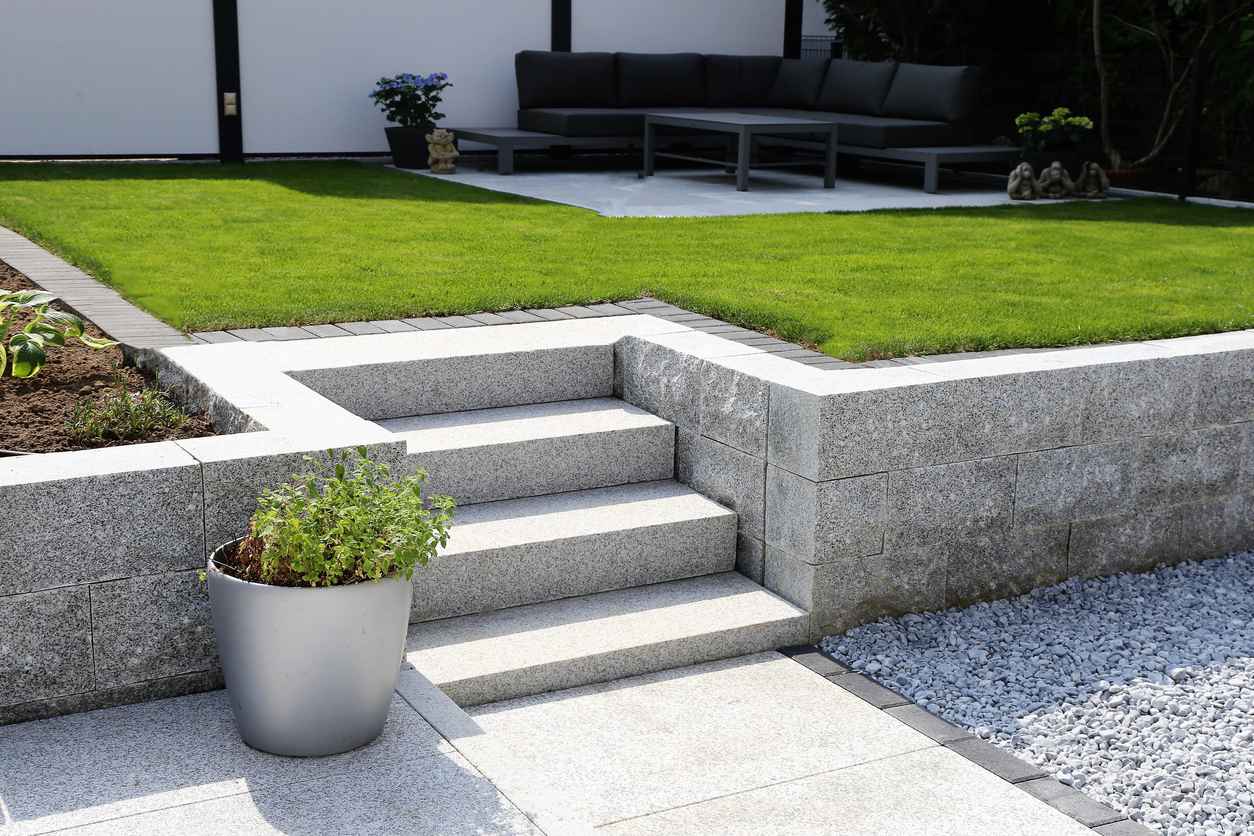
Outdoor Living Trends for 2026
January 22, 2026
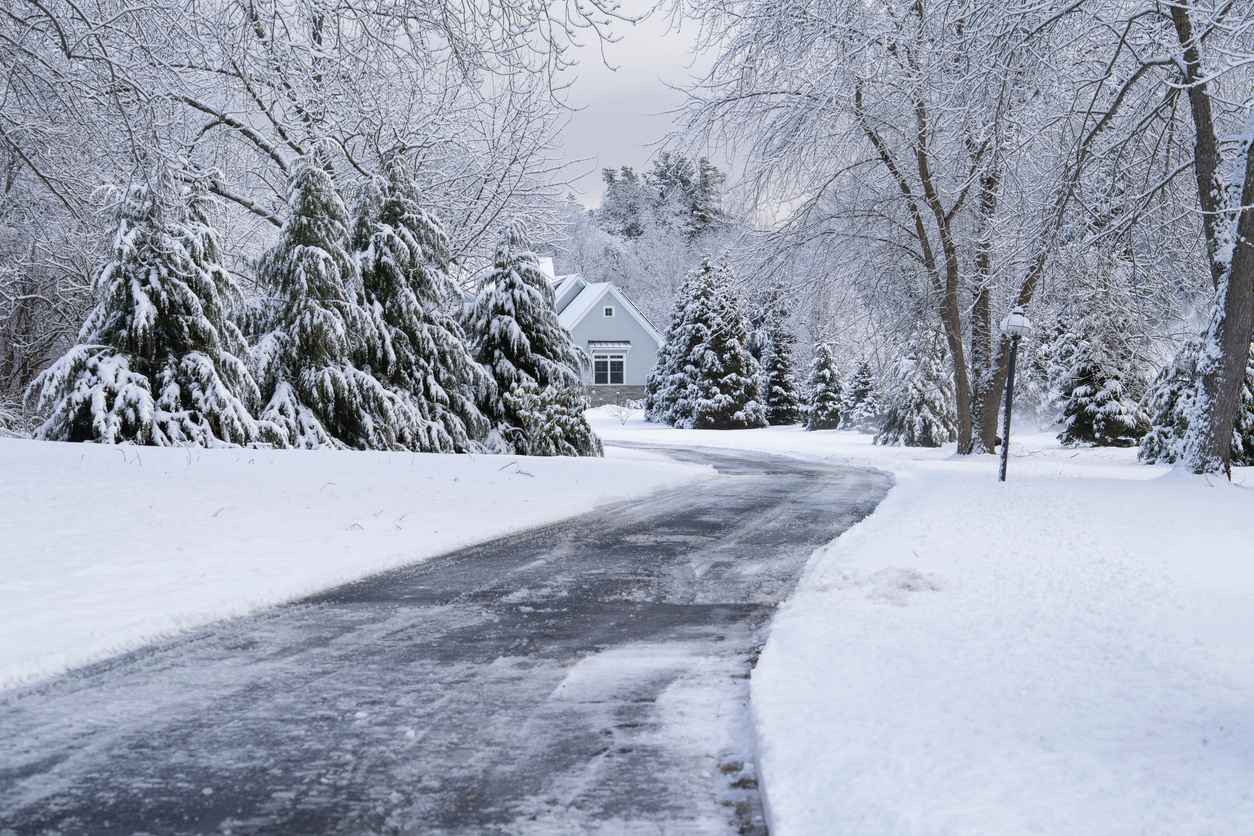
How Freeze–Thaw Cycles Impact Your Hardscape
December 31, 2025

The Best Winter Activities to Enjoy on Your Backyard Ice Rink
December 18, 2025
